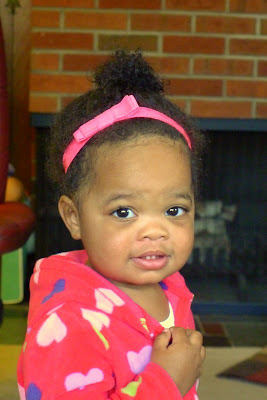Grief defined by the dictionary:
1. obsolete: grievance
2. a: deep and poignant distress caused by or as if by bereavement b: a cause of such suffering
3. a: an unfortunate outcome: disaster—used chiefly in the phrase come to grief b: mishap, misadventure c: trouble, annoyance d: annoying or playful criticism
Grief defined by the daughter (aka me):
1. Not standing next to my father’s hospital bed.
2. Not saying, “I’m here” or “Goodbye.”
3. Not witnessing his death with my eyes, my hands, my heart.
Six years ago tomorrow I lost the father I never fully knew. One can argue that none of us can fully know anyone other than ourselves, and even that’s subject to debate. Still, it’s strange to miss somebody so much who disappointed you in many ways growing up, who in many ways was a stranger to you.
Perhaps it’s a step or six stranger to speak as a stranger (to most in the room) at your own father’s funeral. I’m not one to draw attention to myself, I’m a true-blue introvert who works out of her home, and for the most part, relishes the solitude. I write because it helps me find peace, it helps me explore people, places and ideas, and it helps me locate the voice that often has trouble uttering so much as a whisper.
You’ve probably guessed by now that public speaking is not something I take much joy in doing even in the hap-hap-happiest of celebrations. To get through it, I usually have to first write and second read. While I wish I could be Johnny On The Spot, I am Amie On The Computer Agonizing Over What to Type and Then Panicking Over What The Typed Words Will Sound Like Spilling Forth From My Lipstick-Free Lips. (Interesting tidbit that has nothing to do with funerals or public speaking: Wikipedia notes that ancient Mesopotamian women were possibly the first women to invent and wear lipstick. I like how it looks on others, but I just can’t wear the stuff without feeling like a clown. See: “I’m not one to draw attention to myself” above.)
Ah well, what is life for if not to scare the living shit out of oneself as much as possible (or at least once in a good damn while)? I don’t recall if I attempted to wear lipstick that day, but I do remember shaking as I took to the “stage.” I shook out of fear and out of grief for the fact that I’d lost my dad and that my side of the family seemed like a cluster of outsiders at his funeral.
Thank God for external hard drives because once upon a time I crashed and burned the computer that contained the letter I wrote, and yes, read aloud:
Dear Dad,
I speak for myself, as well as my brother and our entire family, when I say that I feel as if I’m collapsing from the inside out, like one of those casinos in Las Vegas you see on TV, imploding into clouds of dust.
Or like those cups I’ve seen kids stack into pyramids. Their hands move with such speed and precision, building up and tearing down those cups in a dizzying blur. It’s the tearing down part that makes me think of you. Before they’re rebuilt, those cups have collapsed into a single cup.
I guess I believe that we—and I mean everyone in this very room—are that single cup. We look to your spirit and our own personal faiths to compel us to rebuild the unimaginable: a world without you.
Our life together had its ups and downs, but I hope you know how much I always wanted to focus on the ups, how much you meant to me. How much I loved you with my whole heart, even though I may have only shown you half or a quarter of that heart, the heart of your daughter.
You were an expert in the auto business and an expert at making the people around you laugh. I will always remember how loud you used to clap in the car, overcome with the pumping music. As a young girl, I thought that your thunderous clapping was like Paul Bunyan bringing his palms together. My brother and I would cover our ears and laugh. We’d laugh, the three of us.
Laughter is an extraordinary gift. It has the power to drive us through even the toughest of days and circumstances. Through our heartache, I hope that each of us can find a few precious moments to laugh, or at the very least, smile at the amazing and lasting memories that you alone—a father, a husband, a friend, a grandfather, an admired and talented businessman—allowed us to create.
And I hope that wherever you are, you are smiling and laughing, too. You gave us your best and deserve nothing but the best in return.
We love you, now and forever.
Amie
I know this letter isn’t going to win any widespread acclaim or awards. As a writer, I’m always looking for improvement, for a better, more authentic way to turn a phrase. I think that’s what makes blogging so great though, the freedom to just put it out there, constructive criticism (or just plain criticism) be damned. Blogs, funerals, and the freedom to love or loathe the Oxford comma, right? In the end, who really cares if people judge you? I have so many regrets regarding the limited relationship I had with my dad, but one thing I don’t regret is reading the letter I wrote in front of that room of mostly strangers.



